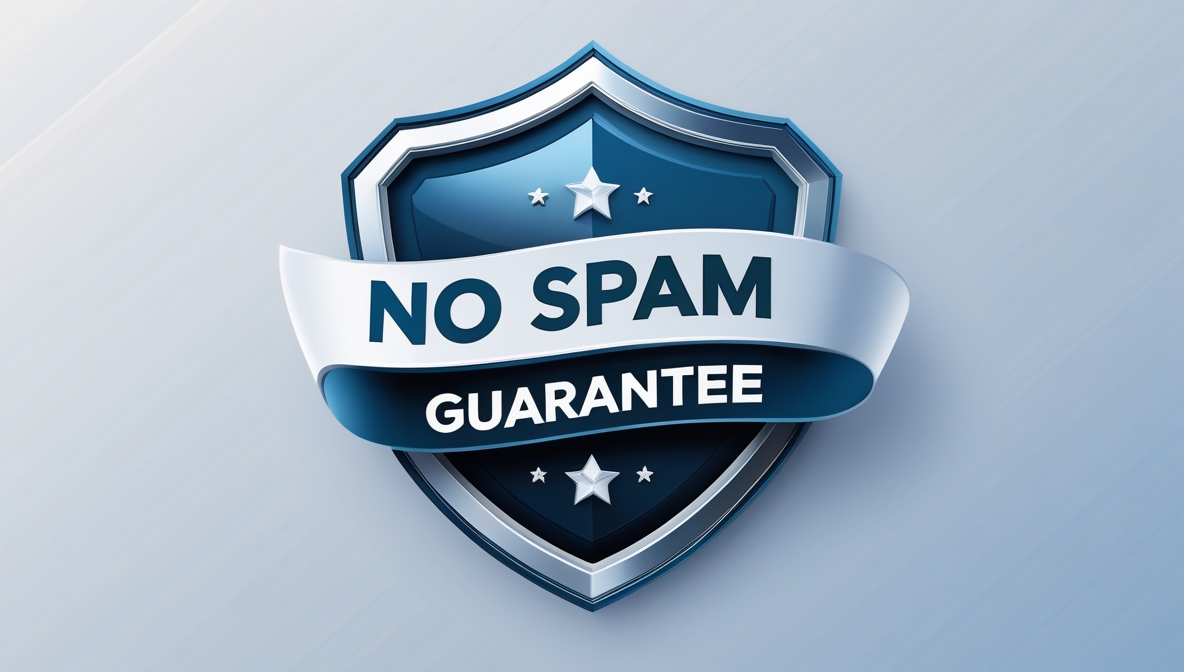This is a comprehensive Artificial Intelligence (AI) Strategy Framework designed to guide the investment in, deployment, use, and management of AI technology and systems within your enterprise, ensuring strategic alignment and competitive advantage. It follows a unique, multi-layered approach that systematically addresses AI strategic competency, AI use cases, and AI enabling factors, while integrating the critical element of AI governance that transcends all layers. By delving into distinct AI strategy initiation approaches—Bottom-Up for SMEs and Top-Down for large enterprises—and their corresponding strategic orientations (survival-oriented, AI ecosystem-oriented, or business alignment-oriented), this framework offers unparalleled practical insights tailored to diverse organizational contexts.
Developed through a rigorous literature review and validated against dozens of published case studies of AI applications, this framework provides a credible and robust foundation for shaping your organization's AI future and driving significant business value.
This comprehensive, multi-layered AI Strategy Framework will help you:
- Define and Refine Your AI Vision: Understand what constitutes an AI strategy as the organizational perspective on the investment in, deployment, use, and management of AI technology and systems. This understanding allows you to align your AI initiatives with your overall business strategy and prioritize resource allocation to the most promising AI initiatives.
- Strategize for Competitive Advantage with AI: Gain insights into how to overcome the strategic limitations of AI—its generic, explicit, and myopic nature—by designing unique AI use cases, capturing unique data, and synthesizing internal technologies and resources. This knowledge enables you to build unique capabilities and shift competitive advantage in an AI-driven landscape.
- Identify and Prioritize AI Use Cases: Classify AI applications into AI-powered products and services, and AI-powered operations. This categorization helps you to define how to provide value to users and decide whether to focus on automation or augmentation to benefit from AI.
- Assess and Strengthen AI Enabling Factors: Evaluate your organizational resources in terms of people, organization, technology, and the AI ecosystem. This assessment allows you to identify lacking technology resources that hinder AI projects and address challenges related to in-house AI skills, employee training, and fostering trust between human operators and AI tools.
- Implement Effective AI Governance: Recognize AI governance as a critical, overarching component that addresses ethical, legal, and privacy concerns across all layers of your AI strategy. This recognition guides you in developing policies and standards to assess potential risks, determine specific uses, and manage the broader implications of AI.
- Tailor Your AI Strategy Initiation: Determine the most suitable approach for building your AI strategy, whether it's a Bottom-Up Initiation (BUI) for SMEs focused on survival, or a Top-Down Initiation (TDI) for large enterprises, which can be AI ecosystem-oriented for big tech firms or business alignment-oriented for traditional incumbent firms. This understanding informs your strategic starting point and subsequent decision-making processes.
For senior IT leaders seeking to strategically leverage Artificial Intelligence within their organizations, this comprehensive AI Strategy Framework is a vital resource that provides a unique, multi-layered approach to defining, developing, and managing AI initiatives, ensuring strategic alignment and competitive advantage in the AI era.

